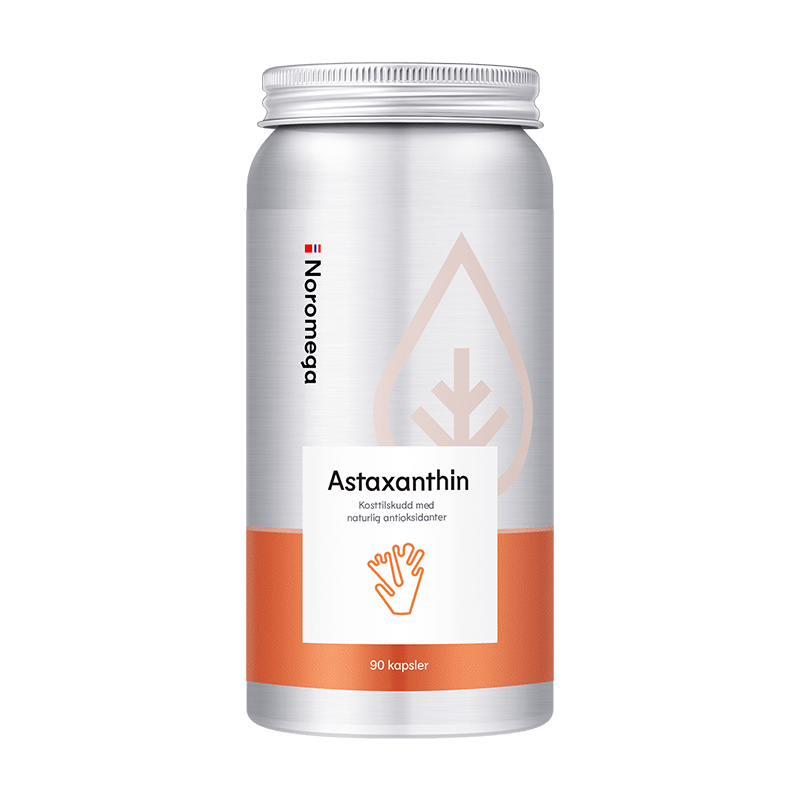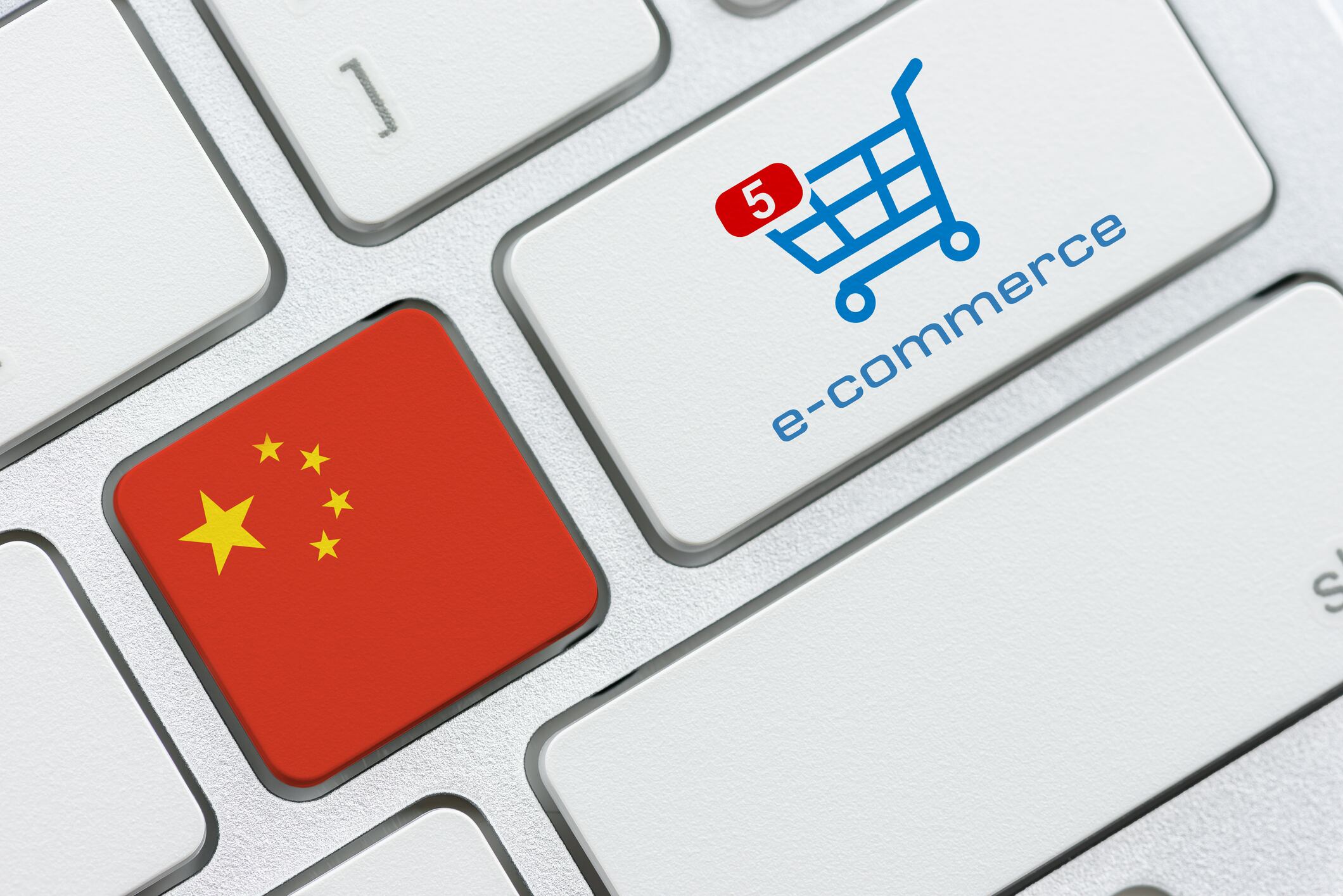After entering China via cross-border e-commerce in 2018, the brand reached cumulative sales of USD100m in the market last year.
According to Derek Liu, CEO of Noromega, the expansion of sales channels, particularly livestreaming platforms, was the main contributor to the brand’s rapid growth in China.
“We wanted to expand to as many sales channels as possible because the Chinese market is so big, and there are so many different channels, such as e-commerce platforms like Tmall and social commerce platforms like Douyin,” Liu told NutraIngredients at Vitafoods Asia 2025 in Bangkok.
“In China, we have around 150 staff working in marketing alone. Another channel that we utilized was offline retail.”
He cited Sam’s Club, a subsidiary of Walmart that operates as a membership-only supermarket and is popular among Chinese consumers, as an example.
“It has more than 100 outlets in China, where most of the highest quality supplements are sold. We display our products there and people can scan a QR code to purchase online.”
The brand also placed emphasis on consumer education, as the awareness of health supplements is still relatively low compared to other markets, with young people buying gummies “for fun” and the elderly taking generic vitamins.
While Noromega has more than 20 products in its portfolio, one of its strategies for China was to focus on pushing a few key ones, namely its astaxanthin and omega supplements.
“The reason why astaxanthin sells best is because we do many livestreamings of this product. Since the camera shows the livestreamer’s face up-close, consumers can see the effects [of the supplement] on the skin clearly, so they’d easily accept it,” he said.
“As Norway is a major source of ocean resources, its reputation for quality products gives us an advantage—Chinese consumers are readily receptive to Norwegian fish oil, which explains why our seal oil and fish oil series do well in the market.”
Similarities between Thailand and China
Currently, 80% of Noromega’s revenue in Asia comes from China, which plays a significant role, especially when the company is expanding into a new market.
“Our investment [fund] comes from revenue in China. We have to ensure stable revenue so we can keep investing in other markets. Therefore, the scale of expansion in Asia depends on Chinese revenue,” Liu explained.
The brand’s key markets include Norway, China, the US, France, and Spain, with plans to gain a footprint in Thailand, Singapore, and Malaysia.
The Thai market, in particular, bears similarities with China, Liu said.
“Certainly the culture and spending habits are a little different, but China and Thailand have a number of market similarities. For instance, Thailand has many sales channels, such as pharmacies, supplement stores, and supermarkets.
“But the biggest similarity is the proliferation of e-commerce—Thai consumers use Lazada and Shopee like how Chinese consumers use Tmall and JD.com. They are also active users of TikTok and Instagram, just like Douyin and RED in China. So, I think we can replicate some of our successes in Thailand.”
In addition, Liu is confident that Noromega would do well in Thailand as the local consumers are better informed about supplements and their benefits than Chinese consumers.
At Vitafoods Asia, the brand actively sought distributors that could accelerate its entry into the Thai market. According to Liu, the response was positive, with potential customers, distributors, and even influencers, showing interest.





